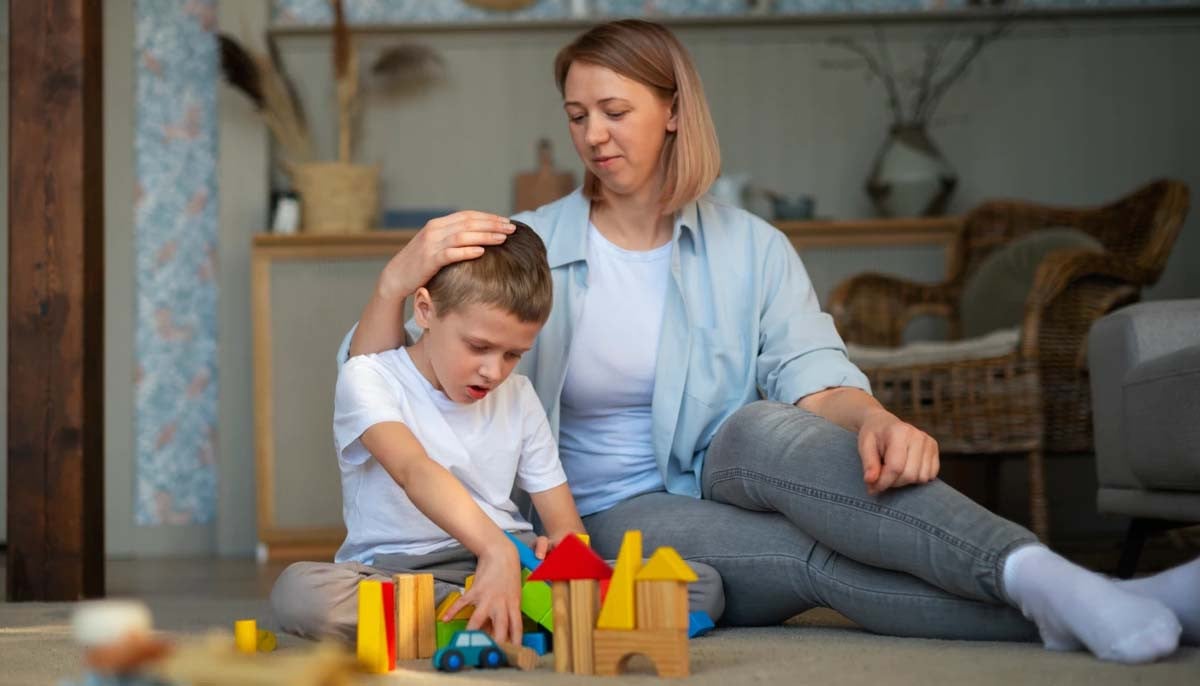Gut microbiome can determine age of human body
Chinese researchers propose that gut microbiome is significant aspect to find out people's age
Gut microbiome has been discovered to be an important factor in determining the age of a human body by a proposal of the Chinese researchers.
They also revealed its possible impact on regulating metabolic aging, as per a recent research article published in the journal Nature Medicine, reported CGTN.
For tailoring interventions aimed at promoting healthy longevity, insight into the associations among the gut microbiome, metabolism and aging is crucial, according to the article.
A study involving 10,207 individuals aged between 40 and 93 was conducted by the researchers from Ruijin Hospital affiliated with Shanghai Jiao Tong University School of Medicine and BGI Research.
They categorised those individuals into five clusters using 21 metabolic parameters, termed metabolic multimorbidity clusters, which represent distinct metabolic subphenotypes.
Clusters classified as "obesity-related mixed" and "hyperglycemia" exhibited an increased 11.1-year cardiovascular disease risk by 75% and 117%, respectively compared to the cluster classified as metabolically healthy.
With a 10-year follow-up, these associations were replicated in a second cohort of 9,061 individuals.
The researchers found through in-depth analysis of the fecal metagenomic data of 4,491 randomly selected individuals that gut microbial composition was associated with both metabolic multimorbidity clusters and age.
Moreover, gut microbial age as a biomarker might be a promising predictor of cardiovascular disease risk, as suggested by the result.
-
Tom Hanks diabetes 2 management strategy laid bare
-
Catherine O’Hara becomes beacon of hope for rectal cancer patients
-
FDA sends 'refusal-to-file' to Moderna over new flu vaccine
-
Cure flu with theses two golden foods
-
Struggling with obesity? Here's how to manage it
-
Historic mental health facility closes its doors
-
Top 5 easy hair fall remedies for the winter
-
Pregnant women with depression likely to have kids with autism












